Song ownership can be a contentious issue; something which sometimes takes a courtroom full of barristers to resolve. On the one hand, a song might have been 'influenced' by something that already existed.'Influenced' in the conscious sense or indeed subliminal sense. From a legal standpoint, how do you prove in a court of law whether or not a songwriter or composer has consciously or subconsciously been overly influenced by another copyright holders' musical ideas or otherwise? But then, the intent doesn't matter does it - it's more a question of similarity.
But here's another bone of contention; when more than one person is involved with the creation of a tune or composition. Or at least, it becomes a contentious matter when it comes to crediting the creators and their just rewards for said creation. The overriding: who gets to own the copyright? Perhaps the democratic way is to credit everyone equally, no matter what their input; and to share the rewards, if indeed there are any. In which case, there's nothing to fret about. Perhaps it depends on who is involved - a handful of musicians or a whole orchestra. Should the orchestral composer invite everyone to add their input to his masterpiece? Don't be silly! But the funny thing is this: that the best people to write for an instrument are those that play it. Unless the composer plays all of the instruments he intends writing for, then arguably he is at a disadvantage.
And how is it that a songwriter can come up with a lead sheet (melody, words and chords) - give it to musicians to develop and then claim full rights? Did those players not create their oww parts? And are said parts not an integral part of the creation?
These issues are full of grey areas; but if you want to keep things simple then get up to speed with every instrument, write every single note and at best, pay others to record their parts it they are needed. Either that or share it all out.
